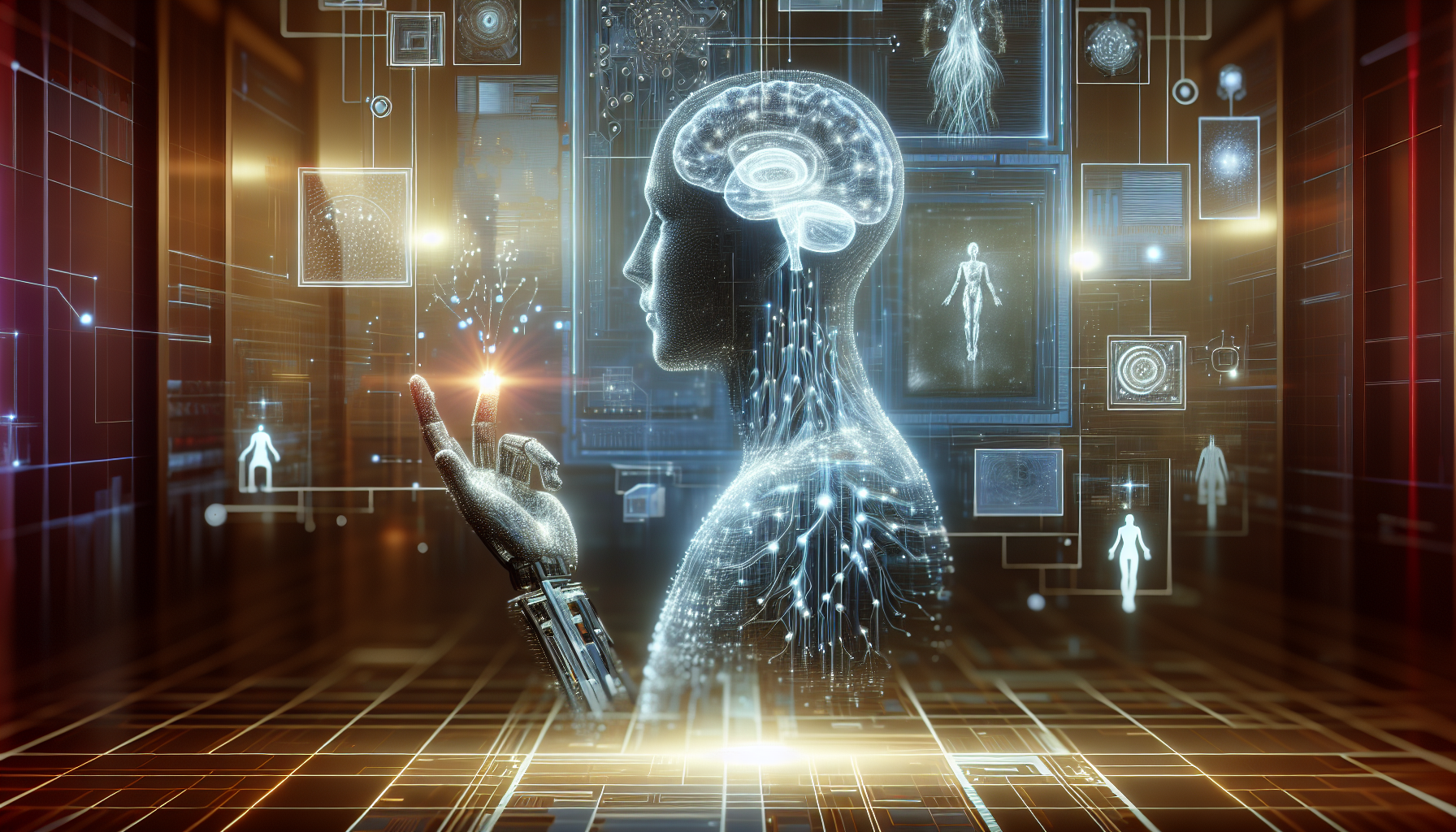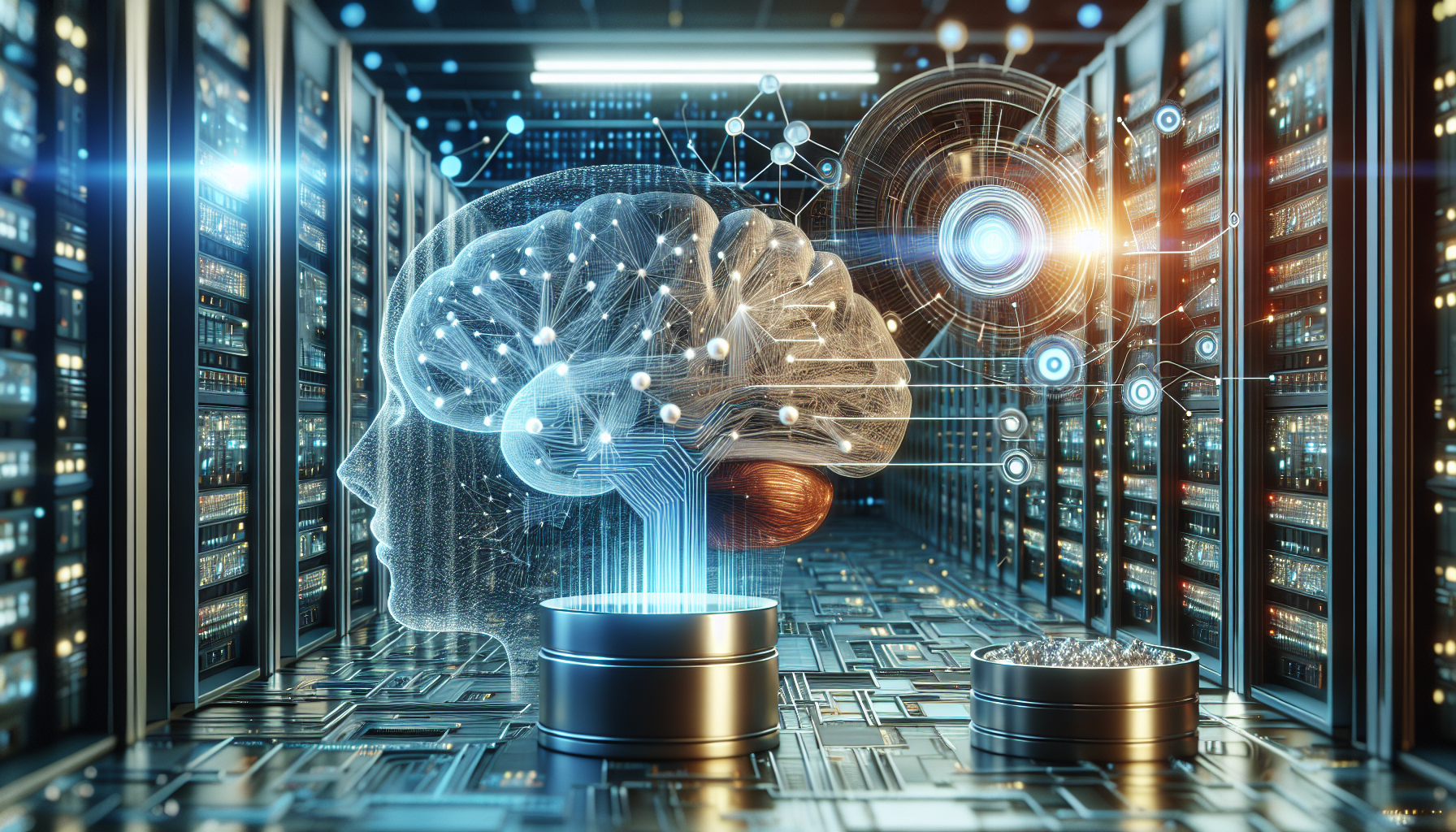
Artificial Intelligence: A Double-Edged Sword in the Quest for Smart Cities
September 25, 2025
The concept of smart cities promises a utopia where technology seamlessly integrates with urban living to create efficient, sustainable, and responsive environments. At the heart of this vision lies artificial intelligence, purportedly the linchpin in transforming traditional cities into advanced urban ecosystems. However, while the allure of AI-driven smart cities captivates policymakers and technologists alike, it is crucial to critically examine whether these innovations genuinely serve the public interest or if they are mere technological vanity projects.
Proponents of AI in smart cities often tout its ability to revolutionize urban life. They highlight how AI can streamline traffic, manage energy consumption, and even predict crime patterns. On paper, these capabilities seem to address the most pressing urban challenges. Yet, is the implementation of AI in smart cities as straightforward as its advocates claim? Or are there underlying complexities that threaten to undermine its potential benefits?
One of the glaring concerns is the issue of privacy. AI systems thrive on data—vast amounts of it. In smart cities, sensors and cameras are ubiquitous, collecting an array of information ranging from traffic flow to individual movements. While this data is essential for the optimal functioning of smart technologies, it also raises significant privacy concerns. Residents could find their every move monitored and analyzed, creating an environment reminiscent of a surveillance state. The question then arises: are we willing to trade our privacy for convenience?
Moreover, the deployment of AI in urban settings often lacks transparency. Decision-making processes driven by AI can be opaque, with algorithms operating as black boxes. When algorithms determine the allocation of resources or the prioritization of services, who holds these systems accountable, and how do we ensure they are fair and unbiased? Without robust oversight mechanisms, AI risks perpetuating existing social inequalities, disproportionately affecting marginalized communities.
The economic implications of AI in smart cities also warrant scrutiny. The development and maintenance of AI infrastructure are capital-intensive, often necessitating partnerships between public entities and private tech firms. These collaborations can lead to a concentration of power within a few corporate giants, who may prioritize profit over public good. Additionally, as AI systems automate various urban functions, there is a potential for job displacement, exacerbating socio-economic divides.
Despite these concerns, it is undeniable that AI offers significant potential to enhance urban living. However, harnessing this potential requires a nuanced approach. Policymakers and city planners must prioritize ethical AI practices, ensuring transparency, accountability, and inclusivity. Public consultations and participatory frameworks should be standard practice in the planning of AI-driven urban initiatives, allowing citizens to have a say in how their cities are shaped.
Further, there is a pressing need for robust data protection laws that safeguard individual privacy without stifling innovation. Regulatory frameworks must evolve to keep pace with technological advancements, ensuring that AI applications in smart cities operate within ethical boundaries.
Crucially, the discourse around AI in smart cities must shift from a purely technological focus to one that emphasizes human-centric design. The success of smart cities should not solely be measured by their technological prowess but by their ability to enhance the quality of life for all residents. This requires a commitment to social equity, where technology serves as a tool for empowerment rather than a driver of exclusion.
In contemplating the role of AI in smart cities, we must ask ourselves: Are we on the path to creating cities that are truly smart, or merely technologically sophisticated? The answer to this question will determine whether AI becomes a force for good or a harbinger of new urban challenges. As we stand on the brink of this new era, the choices we make today will shape the cities of tomorrow—an opportunity we cannot afford to squander.


